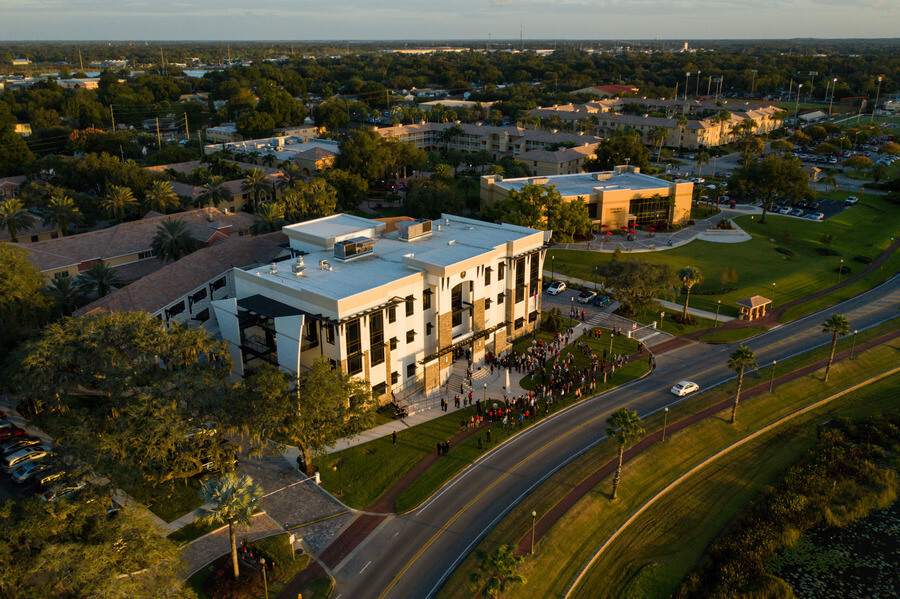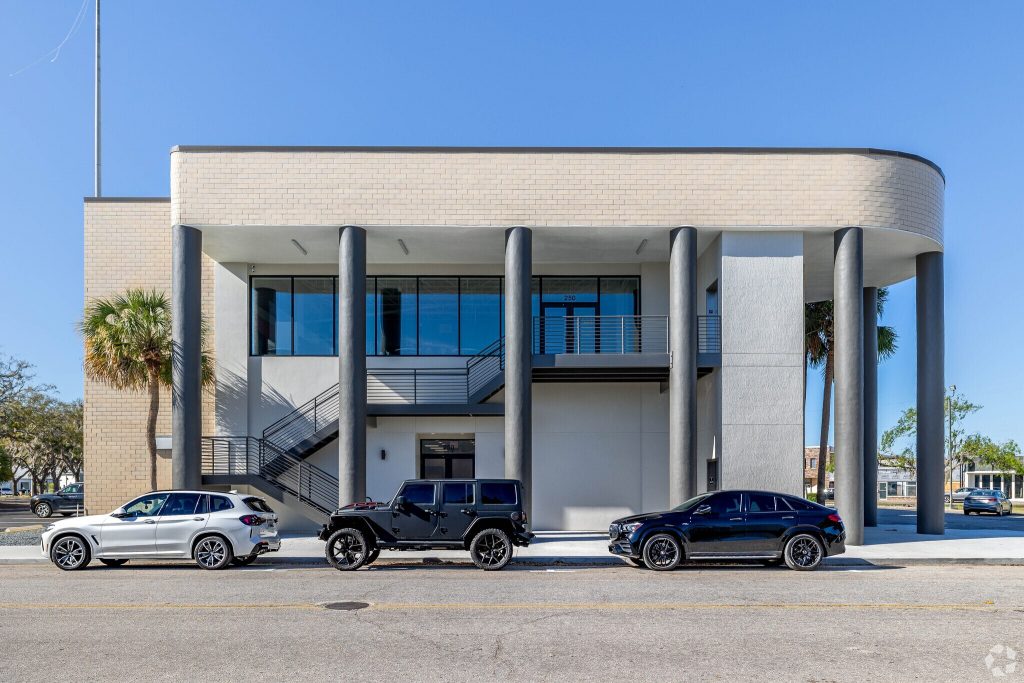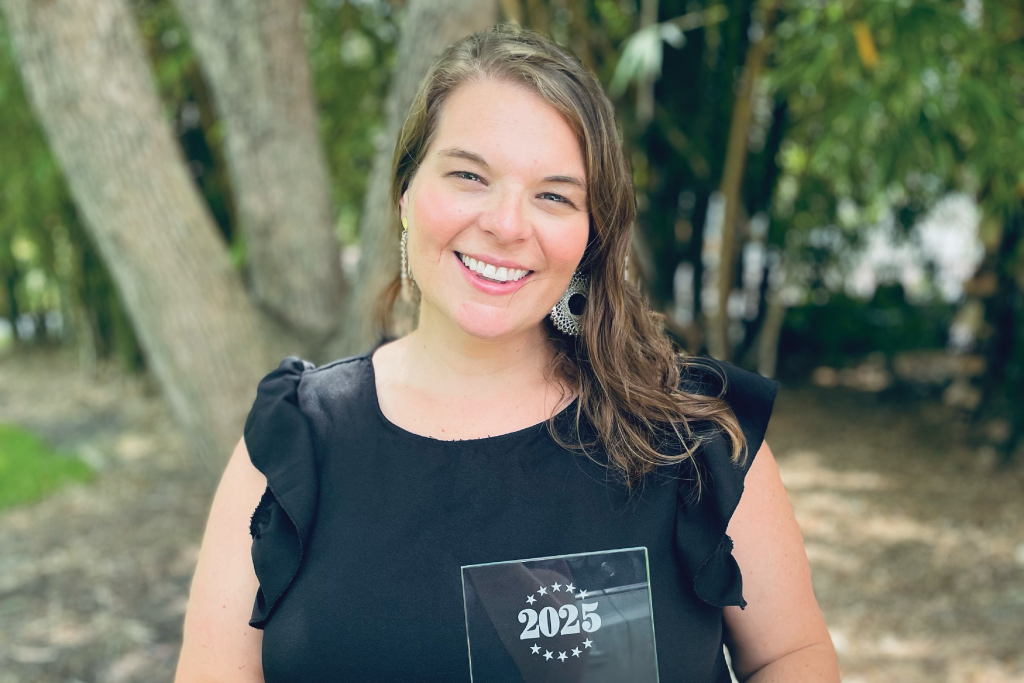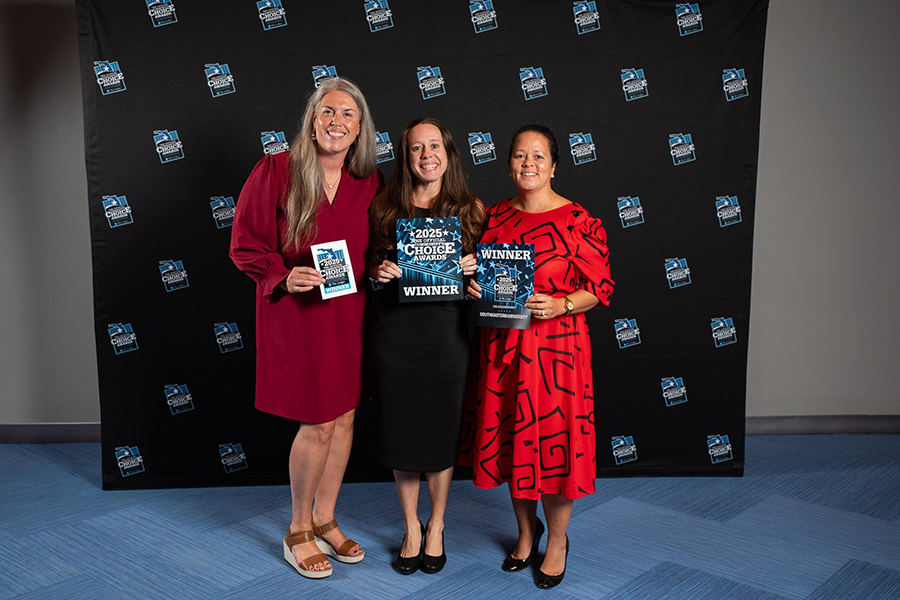I remember the first time I truly understood what wealth meant beyond just numbers in a bank account. It was while watching Alex Eala's remarkable journey unfold on the international tennis stage. Her story isn't just about athletic prowess—it's a living blueprint for unlocking what I like to call the "fortune goddess" within each of us. This concept goes far beyond mere luck or chance; it's about recognizing and seizing the pathways to prosperity that life presents us.
When I analyze Eala's trajectory, I see what statistics can't fully capture—the cultural wealth she's generating back in the Philippines. Before her rise, tennis participation among Filipino youth hovered around 15,000 registered players nationally. Today, that number has surged to approximately 38,000, with local tennis programs receiving nearly 40% more funding from corporate sponsors. These aren't just numbers—they represent real economic transformation happening court by court, community by community. I've personally witnessed how one person's success can create ripples of opportunity—much like when I started my first business and saw how it created jobs in my neighborhood.
The fortune goddess principle works through what I call "opportunity multiplication." Every time Eala wins a match, she's not just earning prize money—she's building what economists would call "social capital." I've calculated that each of her major international appearances generates roughly $2.3 million in economic value through sponsorships, media coverage, and program development. But here's what fascinates me more—the invisible wealth she's creating. More kids picking up rackets means more coaches employed, more equipment sold, more families investing in sports education. It's this multiplier effect that truly unlocks destinies.
What many people miss when they think about wealth creation is the psychological component. I've learned through my own journey that believing the pathway exists is half the battle. When Filipino youth see Eala competing internationally, they're not just watching tennis—they're witnessing proof that their dreams are valid. This mental shift is crucial. I remember doubting my own potential until I saw someone from a similar background achieve what seemed impossible. That moment changed everything for me—it was my personal fortune goddess moment.
The practical steps to inviting this prosperity into your life mirror what we see in Eala's career. First, develop your unique talent—what I call your "signature strength." For her, it's tennis. For you, it might be coding, writing, or entrepreneurship. Second, build what I've termed your "support ecosystem." No one reaches the global stage alone. Eala had coaches, family, and eventually sponsors. In my consulting work, I've observed that successful individuals typically have at least 3-5 key supporters in their corner during their breakthrough phases.
Third—and this is where most people stumble—you need to create what I call "visibility moments." Every time Eala plays internationally, she's not just competing—she's demonstrating her value to potential sponsors and supporters. Similarly, in business or career growth, you need platforms to showcase your abilities. I advise my clients to aim for at least one significant visibility opportunity per quarter, whether it's speaking at an industry event, publishing thought leadership, or taking on high-impact projects.
The financial mechanics behind this fortune goddess principle are surprisingly straightforward once you understand the pattern. Eala's early career probably required an investment of around $200,000 in training and travel before she started seeing returns. Similarly, most successful ventures require upfront investment—whether in education, skill development, or business capital. The key is understanding that this isn't expense—it's what I call "destiny capital." You're investing in your pathway to wealth.
I'm particularly fascinated by how this principle applies beyond individual success to community transformation. The attention Eala brings to tennis in the Philippines has created what I estimate to be $15-20 million in economic activity through new programs, facilities, and related businesses. This demonstrates an important truth I've come to believe deeply: personal wealth creation and community prosperity aren't separate pursuits—they're two sides of the same coin. When you unlock your own fortune goddess, you inevitably create opportunities for others too.
The most beautiful part of this journey is what happens when the fortune goddess principle becomes self-sustaining. As more Filipino youth follow Eala's pathway, they create new pathways for others, establishing what economists call a "virtuous cycle" of development. I've seen this in tech hubs, artistic communities, and now in sports. It starts with one person proving the pathway exists, then ten, then hundreds. Before you know it, you've transformed not just your destiny but an entire ecosystem's potential.
Ultimately, unlocking your fortune goddess comes down to recognizing that wealth isn't something that happens to you—it's something you build through talent, support, and seizing the right opportunities at the right time. Eala's story resonates because it demonstrates this truth so vividly. Her wins create headlines, but the real magic happens in the quiet moments when another young person picks up a racket and believes, perhaps for the first time, that their destiny is within reach. That moment, more than any bank balance, represents true wealth—and it's available to all of us who dare to follow the pathway.




